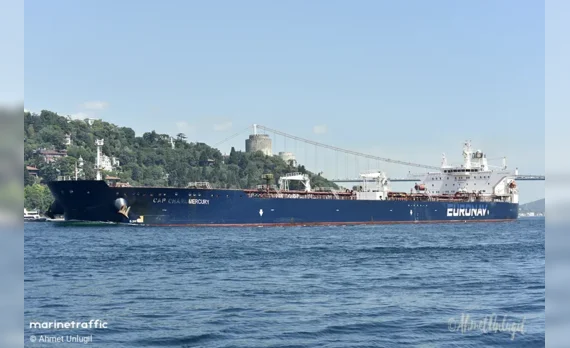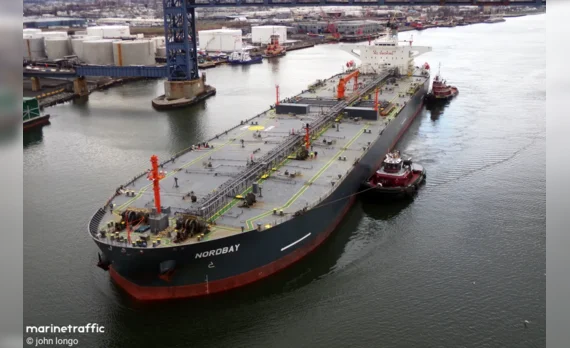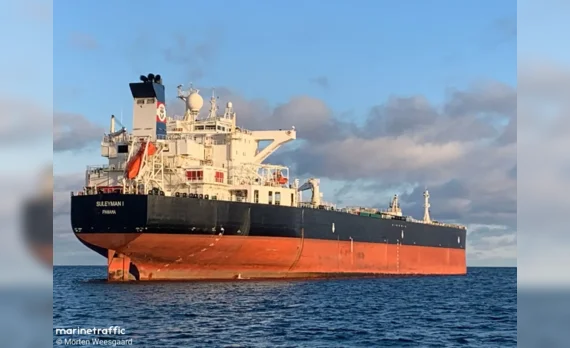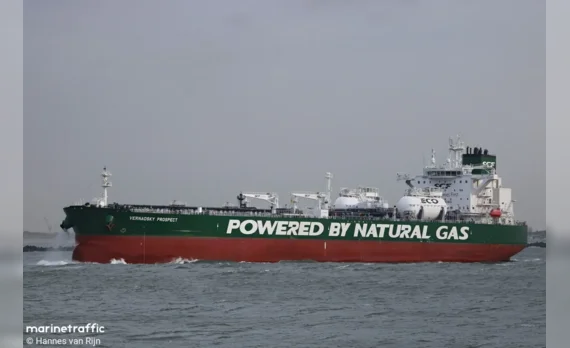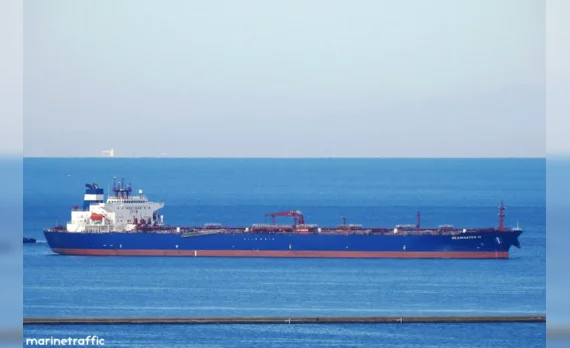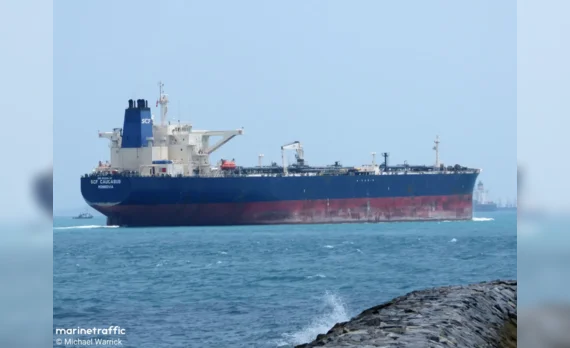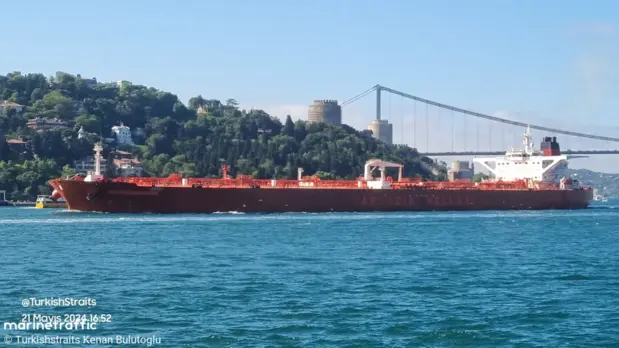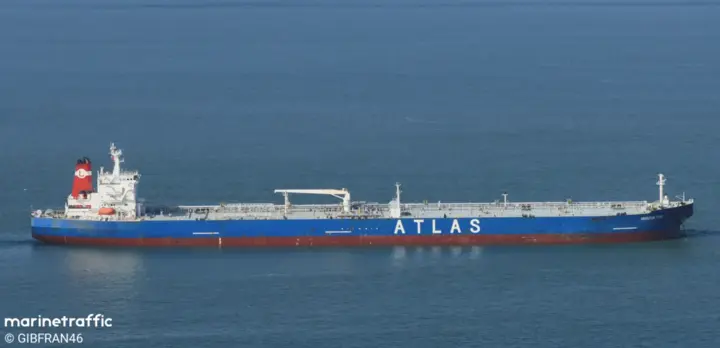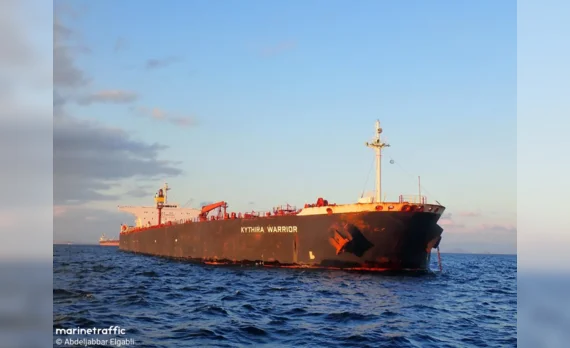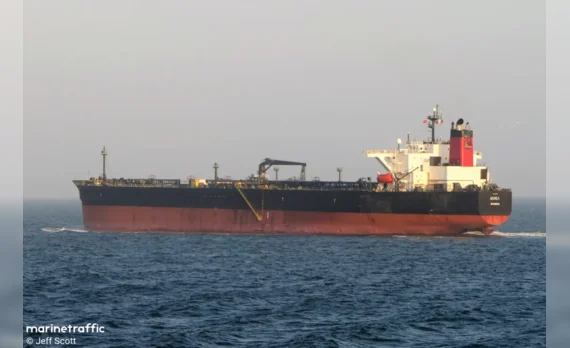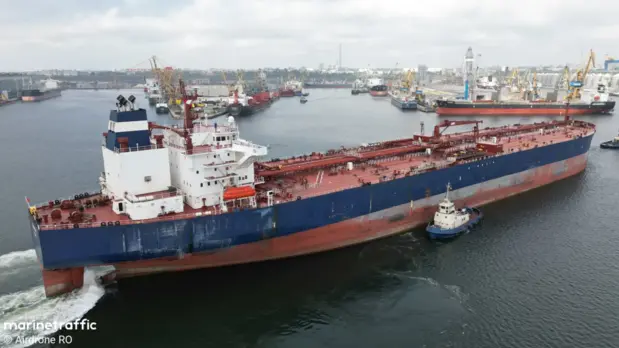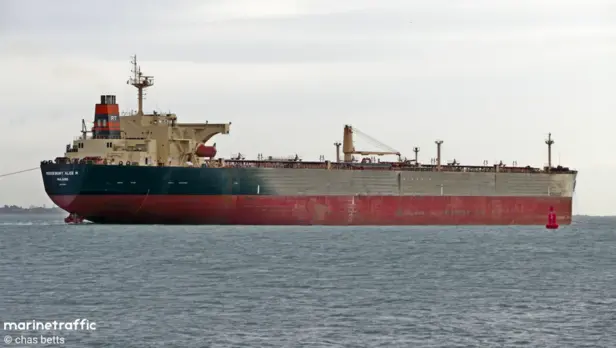The tanker, during the period of the G7+ oil embargo and the price-cap policy on russian crude oil/oil products, is involved in the export of russian crude oil/oil products from russian ports to third countries, and resorts to the practice of turning off the AIS signal and conducting so-called 'dark activities' at sea.
Since March 2024, the owner and commercial manager of the tanker is Bicol Shipping Inc (Mauritius), and the ISM manager is the Indian company Vika Line Marine Services PVT. The fleet of the shipowner and the ship manager consists only of the tanker IMO 9288746. The vessel is certified by the Indian regulator Indian Register of Shipping (IACS).
The tanker is affiliated with the Indian company Gatik Ship Management, one of the leading operators of the so-called 'shadow' fleet involved in the transportation of Russian crude oil under Western sanctions, and the Gatik-related company Plutos Ship Management, which in 2023, together with Caishan Ship Management, Galena Ship Management, Gaurik Ship Management LLP, Geras Ship Management, Girik Ship Management, Orion Ship Management LLP, Nautilus Shipping (India), Ark Seakonnect Shipmanagment LLC, Zidan Ship Management, was involved in a scheme to 'juggle' vessels managed by Gatik Ship Management to avoid sanctions. Gatik Ship Management and Plutos Ship Management were the previous managers of the tanker. Tankers operated/managed by India's Gatik Ship Management continue to be used by related companies and call at russian ports.
As sanctions are being imposed, russia uses a scheme of 'juggling' ships between related companies to conceal oil exports outside the price cap and other restrictions, as well as to hide the real owners of ships, and to ensure unimpeded transportation of fossil fuels by a 'shadow' fleet of obsolete oil tankers, creates new companies for these purposes (in the UAE, Hong Kong, India, Turkey, Mauritius, Seychelles, and other jurisdictions) with non-transparent organizational and ownership structures. In order to implement this scheme, technical/commercial management and ship owners are constantly changing, and vessels are renamed with a change of flag, MMSI, call-sign, including for sanctioned vessels. Shadow fleet vessels operate under 'convenient flags', which allows them to conceal their true origin and avoid control by international organizations and insurance companies.
Almost all vessels that are involved in the transportation of russian oil by the shadow fleet since 2022 have been certified by the Indian regulator Indian Register of Shipping (IACS). The certification of shadow fleet vessels allows the shipowner/operator to insure the vessels, which, in turn, allows the vessels to enter ports and pass through various specific sea routes (straits, canals, etc.).
The 'shadow' fleet, transporting huge volumes of crude oil through heavily trafficked routes through narrow straits close to the coastline, without proper P&I insurance, with automatic identification systems disabled, threatens an environmental disaster with significant economic costs to be borne by the affected coastal countries and/or the international community. The recent incidents off Malaysia only underscore the need for swift action to curb the potentially devastating impact of the growing 'shadow fleet'. 'Shadow' tankers have already been involved in 50 incidents from the Danish Straits all the way to Malaysia since russia's full-scale invasion of Ukraine.
According to CREA, from January to August 2024, the number of shadow tankers crossing the Danish Straits in Europe increased by 277% compared to the same period in 2022, with 64% of the 46 million tons of russian marine oil transported through the Danish Straits being transported by shadow tankers. In the same period, the number of shadow tankers in the Straits of Dover and Gibraltar increased by 355% compared to 2022, transporting 67% of the 37 million tons of oil through the straits. The Suez Canal experienced a staggering 649% increase in shadow tanker traffic, with 69% of the 52 million tons of russian crude oil passing through it being transported by these vessels.
Thus, the 'shadow fleet' of the russian federation continues to provide multibillion-dollar revenues for the kremlin bypassing sanctions, disguising its activities under the flags of third countries, using complex schemes to conceal owners, and poses significant threats to environmental safety with significant economic costs for coastal countries and/or the international community due to the outdated and inadequate insurance of shadow fleet tankers.
On December 17, 2024, the United Kingdom imposed sanctions on a vessel in connection with the transportation of oil or oil products originating in russia or from russia to a third country.
On February 21, 2025, Canada imposed sanctions on the vessel.
On February 24, March 04, 2025 EU and Switzerland respectively imposed sanctions on the tanker for transporting crude oil/oil products originating in or exported from russia using irregular and high-risk shipping practices as specified in the International Maritime Organization General Assembly resolution A.1192 (33) (EU sanctions will enter into force on February 25, 2025).
In June 2025, Australia imposed sanctions on the vessel.
On June 19, 2025, New Zealand imposed sanctions on the vessel.
